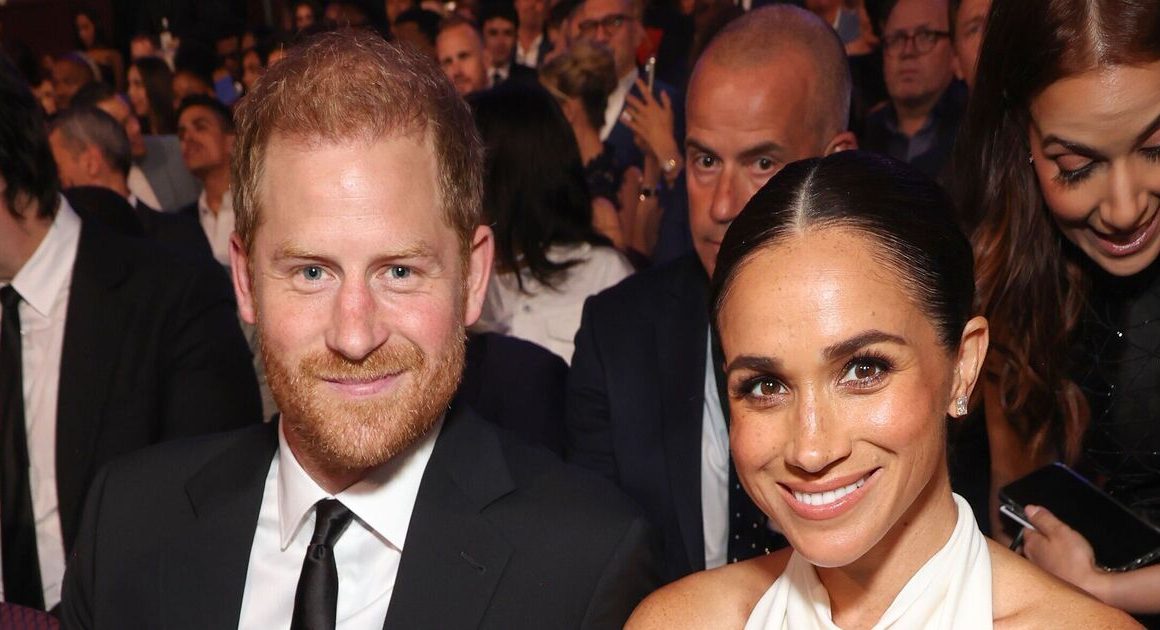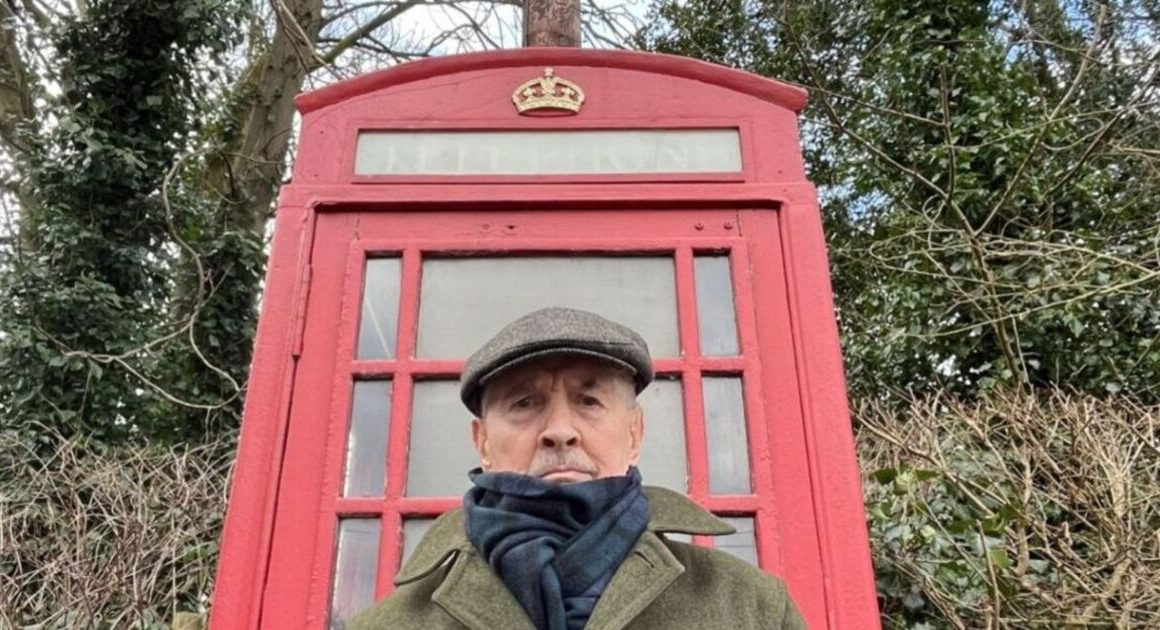President Donald Trump, in his first three weeks in office, has made a number of moves to reduce the U.S. footprint on a number of multilateral efforts around the globe and its presence in international organizations and alliances.
The Trump administration appears focused on severe, immediate workforce reductions to Washington’s primary humanitarian aid agency, the U.S. Agency for International Development (USAID), according to multiple reports.
Meanwhile, while the U.S. is not a member of the International Criminal Court (ICC), the White House’s decision to apply some sanctions to some ICC staff members was being met Friday with disappointment and criticism from supporters of the court.
It’s occurring even as Trump has talked in bold, expansionist terms. Trump has plotted or mused about: acquiring and re-asserting control of the Panama Canal; acquiring Greenland for strategic purposes; talking up the idea of Canada becoming the 51st U.S. state; and — in his most recent bombshell — envisioning a U.S. presence in Gaza after resettling Palestinians.
Here’s a look at some of the relevant early Trump administration announcements:
USAID
Trump’s administration will keep 611 essential workers on board at USAID, out of the agency’s worldwide total of more than 10,000 employees, according to a notice sent to workers there and shared with Reuters by an administration official on Friday.
The humanitarian aid agency has been a top target of a government reduction program spearheaded by billionaire adviser and designated “special government employee” Elon Musk, even though the U.S. spends less than one per cent of its budget on foreign assistance, a smaller share overall than some other countries, with USAID accounting for about half of that one per cent.
Front Burner26:07Elon Musk’s assault on government
The proposed staff cuts are to take place at midnight on Friday.
However, a lawsuit filed on Thursday seeks to reverse the administration’s aggressive dismantling of the agency. The lawsuit seeks a temporary and eventually permanent order from the court restoring USAID’s funding, reopening its offices and blocking further orders to dissolve it.
Secretary of State Marco Rubio has said there is a 90-day review period analyzing USAID programs and that initiatives offering “life-saving” assistance including medicine, medical services, food and shelter would be exempted from the aid freeze, but confusion has reigned among partner agencies and groups who are recipients of U.S. funds. The New York Times reported on Thursday about at least 30 clinical trials and studies that have been interrupted worldwide.
“We’re seeing a lot of disruption of delivery of treatment services,” Christine Stegling, director of the UN AIDS agency, said on Friday.
UN entities
Trump this week signed an executive order to end engagement with the United Nations Human Rights Council and to continue a pause on funding for the UN’s Palestinian relief agency, UNRWA.
Trump’s order on Tuesday was largely symbolic and mirrored moves he made during his first term in office, from 2017-2021.

The first Trump administration also quit the 47-member Human Rights Council halfway through a three-year term over what it called chronic bias against Israel and a lack of reform.
The U.S. was UNRWA’s biggest donor — providing $300 million-$400 million US a year — but Trump’s predecessor, Joe Biden, paused funding in January 2024 after Israel accused several UNRWA staff members of taking part in the deadly Oct. 7, 2023, attack on Israel by Palestinian militants Hamas that triggered the war in Gaza.
The UN has vowed to investigate those accusations and has asked Israel for evidence, which it says has not been provided.
The U.S. is one of five permanent members of the UN Security Council and accounts for 22 per cent of the core UN budget and 27 per cent of its peacekeeping budget.
But Trump this week said the UN is “not being well run.”
“A lot of these conflicts that we’re working on should be settled, or at least we should have some help in settling them. We never seem to get help,” said Trump. “That should be the primary purpose of the United Nations.”
The UN Secretary General’s office in a statement that followed acknowledged that “U.S. support for the United Nations has saved countless lives and advanced global security,” and that it looked forward to strengthening its relationship with the new administration.
Those working at the World Health Organization had been expecting the worst — but U.S. President Donald Trump’s executive order still stung. Dr. Prabhat Jha, a professor of Global Health with the University of Toronto, outlines the financial impact of the U.S. leaving the WHO, and what it means for Canada and other countries contributing to the organization.
Trump has also signalled the U.S. will leave the UN’s World Health Organization in January 2026, reflecting the necessary notice that needed to be given for such a move.
The United States is by far the biggest financial supporter of the WHO, contributing 18 per cent of its overall funding, which amounts to roughly $1.2 billion US for the agency’s most recent two-year budget for 2024-25.
Paired with the radical retooling of USAID, it has raised concerns from health officials about the ability to combat outbreaks of a range of diseases and viruses, including bird flu, mpox, cholera, the Marburg virus and HIV/AIDS.
International Criminal Court
Trump on Thursday authorized economic and travel sanctions targeting people who work on International Criminal Court investigations of U.S. citizens or U.S. allies such as Israel, repeating action he took during his first term.
The move was a protest against the court’s arrest warrant for Israeli Prime Minister Benjamin Netanyahu and came as the Israeli leader was visiting Washington.
The ICC and rights group said the order would undermine its judicial work and urged its 125 member states “to stand united” for justice and human rights.
“Victims of human rights abuses around the world turn to the International Criminal Court when they have nowhere else to go, and President Trump’s executive order will make it harder for them to find justice,” said Charlie Hogle, staff attorney with American Civil Liberties Union’s National Security Project.
The United States, China, Russia and Israel are not among the ICC’s 124 members. In 2020, Trump sanctioned ICC chief prosecutor Karim Khan’s predecessor, Fatou Bensouda, over her decision to open an inquiry into war crimes committed in Afghanistan after 2003, including by the U.S., whose military was present in the country for two decades.
The Paris Agreement
As in his first administration, Trump has announced he will withdraw the country from the Paris Agreement — the 2015 global treaty where countries commit to protect the planet and people from the worst effects of climate change.
Trump also withdrew the U.S. from the Paris deal during his first term, but the process took years and was immediately reversed by the Biden administration in 2021. The U.S., the world’s second-largest greenhouse gas polluter after China, would be in a small group not part of the pact, alongside Iran, Libya and Yemen.
As with the WHO announcement, notice is required. Barring a reversal, the U.S. would exit the agreement in January 2026.
The G20 summit
Rubio announced late Wednesday that the U.S. won’t attend the next G20 summit of foreign ministers in Johannesburg on Feb. 20-21. Rubio accused South Africa of “anti-Americanism” and “expropriating private property,” seemingly a reference to contentious land ownership legislation that has sought to address imbalances that arose as a result of South Africa’s apartheid system.
As well, both the Trump and Biden administrations expressed anger at South Africa spearheading a case before the International Court of Justice, accusing Israel of genocidal acts in its ongoing military campaign in Gaza.










